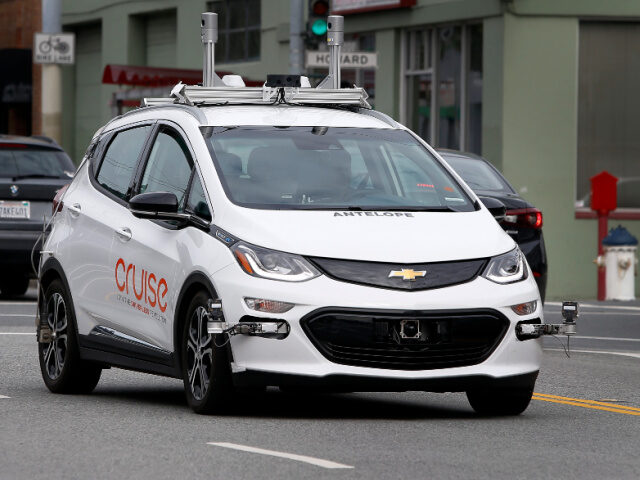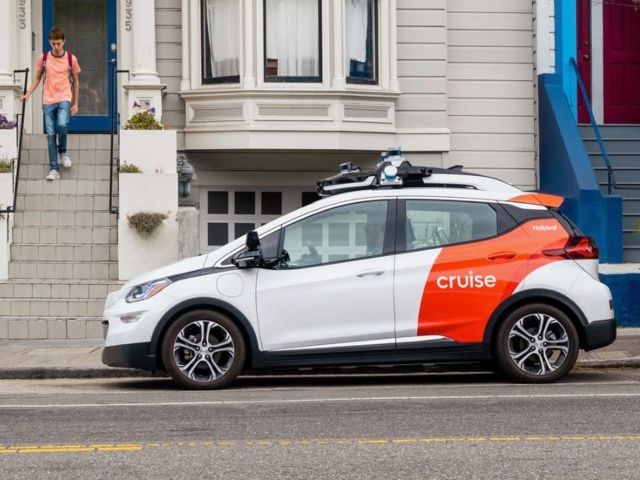The California Department of Motor Vehicles (DMV) suspended the robotaxi permit of self-driving car company Cruise “effective immediately,” saying the General Motors-backed company’s driverless vehicles “are not safe for public operation.”
Additionally, Cruise “misrepresented” the safety of its vehicles, which could pose “an unreasonable risk to the public,” the California DMV said when citing why it is suspending the company’s robotaxi permit, according to a report by the Verge.
The DMV said it can revoke a permit “if a manufacturer is engaging in a practice in such a manner that immediate suspension is required for the safety of persons on a public road.”
“The DMV has provided Cruise with the steps needed to apply to reinstate its suspended permits, which the DMV will not approve until the company has fulfilled the requirements to the department’s satisfaction,” the agency said.
Lately, Cruise has been involved in a number of safety incidents, with the most recent episode being a hit-and-run by another driver earlier this month in San Francisco, which resulted in a pedestrian getting trapped underneath one of the company’s driverless vehicles.
After the hit-and-run launched a female pedestrian in front of a driverless Cruise vehicle, the Cruise vehicle braked with its rear tire on the woman’s leg, and rescuers had to use the jaws of life to get the vehicle off of her, police said.
The National Highway Traffic Safety (NHTSA) reacted to the incident by opening an investigation into whether Cruise’s driverless vehicles pose a risk to pedestrians. The NHTSA concluded that the company’s automatic vehicles were “encroaching” on pedestrians in walking in the streets, and could pose a risk to public safety.
Cruise spokesperson Hannah Lindow said the permit suspension was related to the hit-and-run earlier this month.
“The AV braked aggressively before impact and because it detected a collision, it attempted to pull over to avoid further safety issues,” Lindow said. “When the AV tried to pull over, it continued before coming to a final stop, pulling the pedestrian forward. Our thoughts continue to be with the victim as we hope for a rapid and complete recovery.”
Lindow added that the company received a notice of suspension on Tuesday morning.
“As a result, we will be pausing operations of our driverless AVs in San Francisco,” she said. “Ultimately, we develop and deploy autonomous vehicles in an effort to save lives.”
Most of Cruise’s robotaxis have reportedly been deployed in the California city of San Francisco.
Cruise is still permitted to test its vehicles with human drivers behind the wheel, but the company’s driverless robotaxis are no longer allowed to pick up and drop off passengers.
Reilly Brennan, general partner at Trucks VC, suggested that the permit suspension speaks to California’s relationship with Cruise’s rival, Google’s Waymo, which also has a paid robotaxi service in San Francisco.
“This is impactful not only because of what it says about California’s relationship with Cruise, but also for what that very same act says about California’s relationship with Waymo,” Brennan reportedly said in an email.
You can follow Alana Mastrangelo on Facebook and X/Twitter at @ARmastrangelo, and on Instagram.


COMMENTS
Please let us know if you're having issues with commenting.